The Madras High Court (HC) has quashed a criminal case registered under the Protection of Children from Sexual Offences (POCSO) Act after the accused and the victim, who were in a relationship when the case was
filed, later married and began living together with their child.
A bench of Justice N. Sathish Kumar passed the order while allowing a petition filed by Kamaraj from Perambalur district, who sought to quash the First Information Report (FIR) registered in 2023 at the all women police station, Perambalur. The case was booked under Sections 5(1), 5(j)(ii), and 6 of the POCSO Act for alleged penetrative sexual assault on a 17-year-old girl.
According to the prosecution, the petitioner had developed a relationship with the minor girl and engaged in sexual activity that resulted in her pregnancy. The complaint was lodged by the girl’s mother, leading to the registration of the FIR.
Subsequently, the petitioner and the victim married and are now parents to a girl child. They filed a joint compromise memo before the High Court stating that they were living peacefully and did not wish to continue with the criminal proceedings. Both the victim and her mother appeared in person and confirmed the marriage, urging the court to quash the case in the interest of the family’s future.
Opposing the plea, the Government Advocate argued that offences under the POCSO Act are serious in nature and cannot be routinely quashed merely because the parties have reached a settlement.
Justice Sathish Kumar, however, noted that each case must be examined in its specific factual context, especially where the accused and victim were both young and the relationship appeared consensual. Referring to the 2019 judgment in Sabari v. Inspector of Police, the court observed that teenage relationships between individuals aged 16 to 18 years often lead to criminal prosecution under the POCSO Act, even when consent exists in fact, though not in law.
In Sabari, the court had expressed concern over the “growing incidence of offences under the POCSO Act” against teenage boys involved in consensual relationships, and had even recommended legislative reconsideration to lower the age threshold of “child” from 18 to 16 for consensual acts. Justice Sathish Kumar reiterated those observations, saying that many such cases arise from “mutual innocence and biological attraction” rather than predation.
The court also referred to Supreme Court decisions including Parbathbhai Aahir v. State of Gujarat and State of Madhya Pradesh v. Dhruv Gurjar which held that while quashing non-compoundable offences, courts must assess whether the crime affects society at large or is purely personal in nature.
Applying those principles, the high court concluded that the present case concerned only the petitioner, the victim, and their families. “It involves the future of two young persons who are still in their early twenties,” the court observed, adding that no larger public interest would be served by continuing the prosecution.
“Keeping such proceedings pending will only swell the mental agony of the petitioner and the victim,” the court said, allowing the plea and quashing the FIR. The joint compromise memo dated October 9, 2025, was ordered to be part of the record.
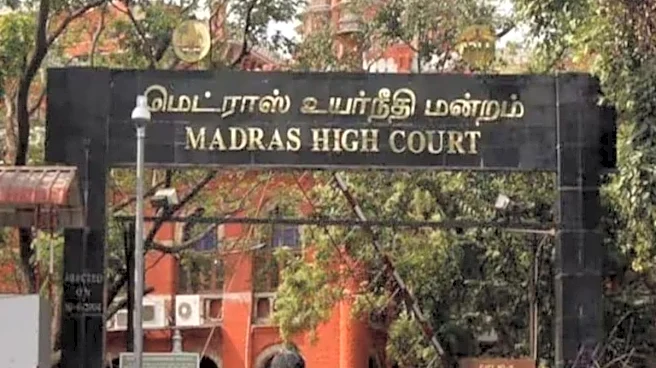


/images/ppid_59c68470-image-177100254364289407.webp)

/images/ppid_59c68470-image-177100253375756091.webp)
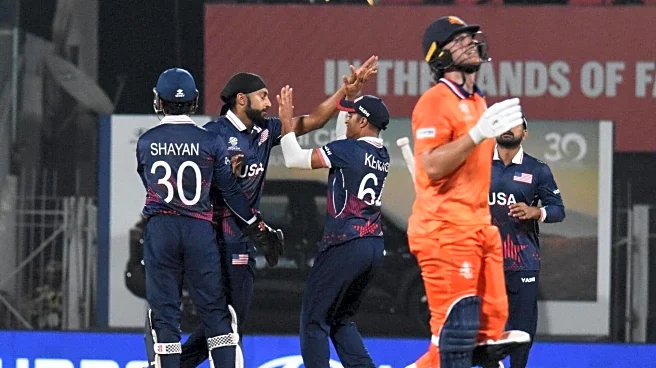

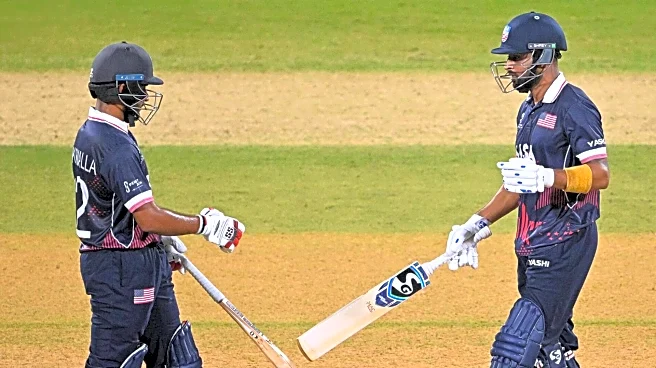
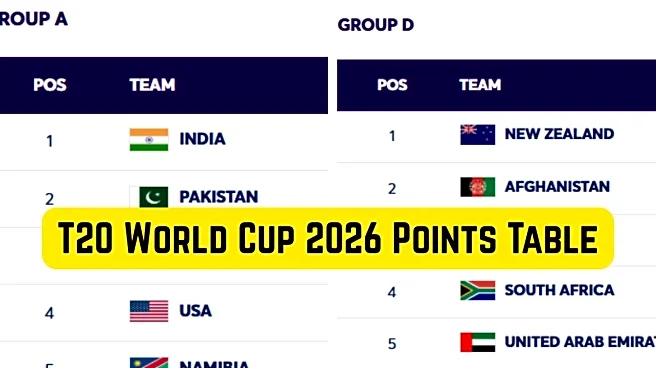

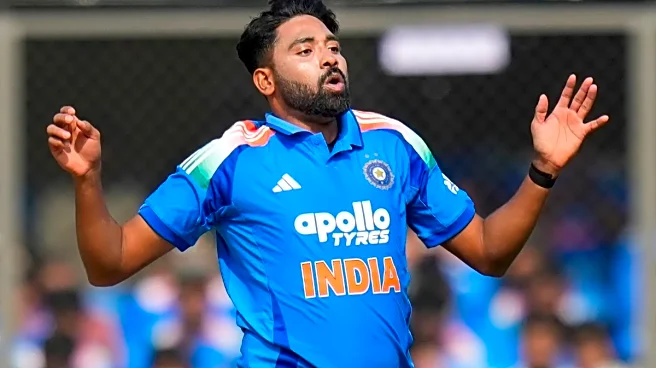
/images/ppid_a911dc6a-image-177100042462595765.webp)

/images/ppid_a911dc6a-image-177100003665395152.webp)